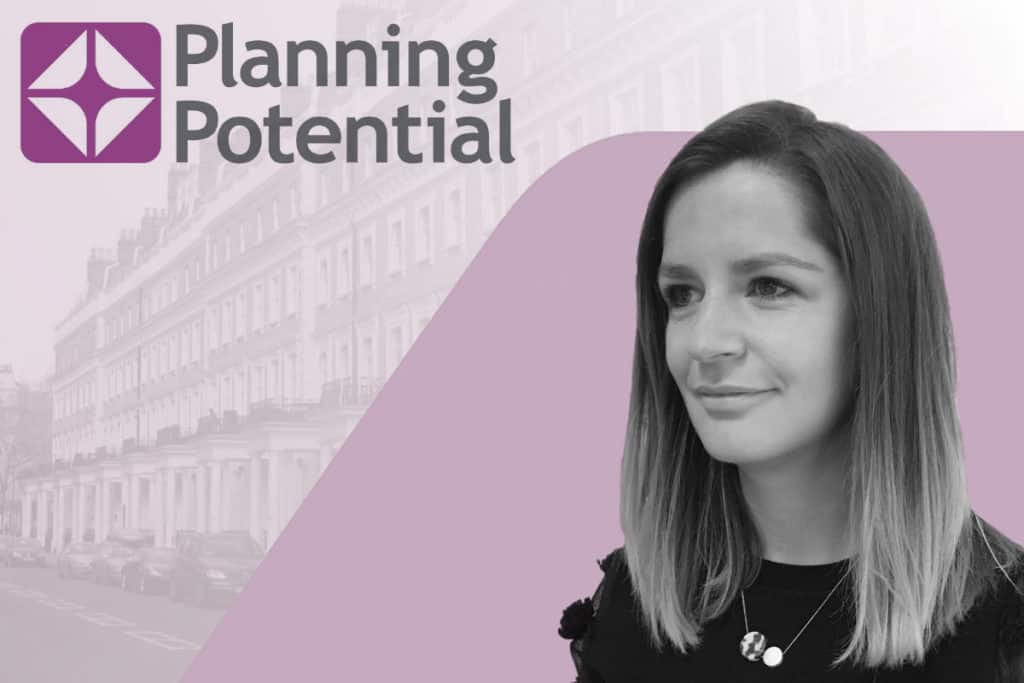BLOG
INTERESTING STUFF
THAT CAUGHT OUR EYE
How Has COVID-19 Affected the Planning Process?
Sally Arnold from Planning Potential considers the implications of COVID19 on the planning sector and reveals the results of some recent research.

As I sit here writing this blog confined to my house, I (like many others in my sector) am thinking of many questions relating to the planning implications of the current situation and how to move forwards positively and continue the ‘norm’ in these very difficult times.
Chief Planner Steve Quartermain’s ‘Planning Update Letter’ is well-timed and in my view, summarises the position perfectly. We need to ‘be practical’, ‘be pragmatic’ and ‘plan for the recovery’. As always, we need to think creatively and of new innovative approaches to ensure the planning system continues to function and help our clients obtain planning decisions without substantial delays.
There was much debate last week about the inclusion of planners on the list of key government workers. Their swift actions have clearly had a direct and positive impact – through recently loosened delivery hour controls, to ease the restocking of food stores, and relaxed rules to allow pubs and restaurants to act as takeaways. Although planners have not been prioritised by the Department for Education (DfE) for education provision, the MHCLG reportedly assured the Local Government Association that all local government workers were being classed as “critical workers”, giving local councils discretion.
The good news is that projects are still moving forwards. We have many projects that are currently in the pre-application or application process at present, and given face-to-face events and meetings have been cancelled for the time being, we are actively encouraging planning officers to use technology innovatively. It is important to ensure that our client’s cases are being considered positively and, that we are still building positive rapport with council officers (albeit from a distance) obtaining as much as possible from the process.
Given the current situation, I thought it would be an opportune moment to take some time to liaise with officers at several different London councils (with whom I communicate most), to see how they are adapting to these challenging times. We’re pleased to report that this exercise proved decision-making is still being prioritised, and planning permissions are still being issued. At some councils, planners are definitely classed as key workers and are working shifts to ensure there’s always someone on duty to respond to urgent cases.
The councils were responsive and helpful and across the board, it was indicated that whilst we are in challenging times, they are willing to adopt more creative ways of dealing with pre-application and application advice.
In summary, we found that:
Validation Process
The validation process has not changed for most, although some councils have experienced IT issues as everyone is now working from home. Interestingly, we have found that in several cases, pre-applications and applications are being validated much faster than usual!
Consultation Process
It seems that some councils are still able to put notices up on site; however, they are struggling to think of ways to deal with direct neighbour communication when notifying them of new surrounding development.
We believe that this will be a short-term issue. Nevertheless, we are offering assistance to our Local Planning Authority colleagues by offering to print site notices for them (including sending them on in the post). We also have licensed access to Royal Mail’s PAF (postal address finder) so, although we clearly don’t have private addressee details, we can obtain postal addresses for homes and businesses that neighbour proposed developments. We hope this will ensure that applications are not stalled going forwards.
Pre-application / Application Meetings
We had varying responses on this matter – some councils are definitely thinking more innovatively than others at this stage. Some are asking that photographic evidence is sent through as part of all submissions and most are offering virtual meetings.
As we deal with many nationally and locally listed buildings, we have been offering to provide ‘Virtual Tours’ of properties alongside photos to give the council a good indication of the state of properties before meetings are held. Most councils are also accepting Skype / Microsoft Teams meetings as an alternative to the traditional face-to-face approach, which is great for maintaining open lines of communication.
Application Decisions
Some councils are looking to issue more ‘delegated’ decisions in the interim, but others have suggested that they need more certainty from Government on more contentious applications, which need committee consideration. Currently, it is not lawful to hold virtual Planning Committees. This is likely to be resolved very swiftly with s78 of the Coronavirus Bill allowing for remote committee meetings. Watch this space!
In summary, it is clear that although it is early days, most councils are finding new ways of working in the current climate. At Planning Potential, we are constantly ensuring that we put forward practical solutions where they are needed to ensure we are planning for a smooth recovery.